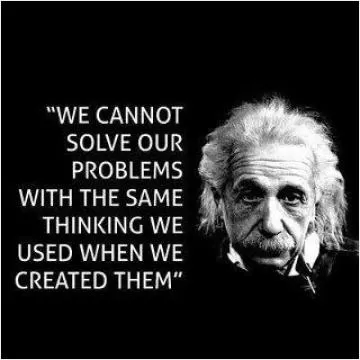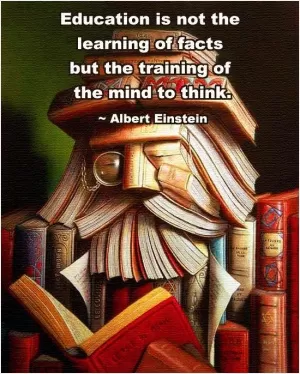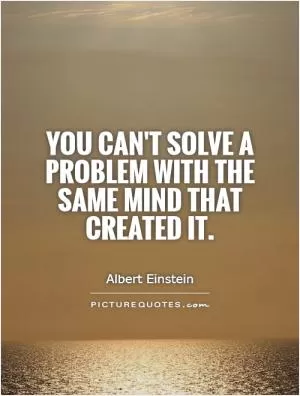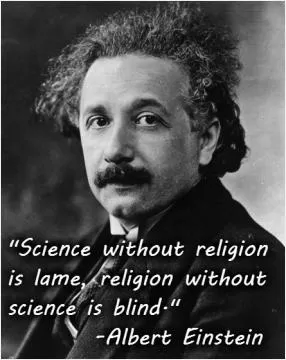God does not play dice

God does not play dice
Albert Einstein, one of the most brilliant minds in history, famously said, "God does not play dice." This statement has been interpreted in various ways, but at its core, it reflects Einstein's belief in a deterministic universe governed by laws and principles that are not subject to chance or randomness.Einstein was a staunch advocate of the idea that the universe is orderly and predictable, with every event having a cause and every effect being determined by those causes. This deterministic view of the universe was central to his theory of relativity, which revolutionized our understanding of space, time, and gravity.
In the context of quantum mechanics, Einstein's statement "God does not play dice" can be seen as a rejection of the probabilistic nature of quantum theory. Quantum mechanics, which describes the behavior of particles at the smallest scales, introduces a level of uncertainty and randomness that was difficult for Einstein to accept. He famously clashed with physicists like Niels Bohr and Werner Heisenberg, who embraced the probabilistic nature of quantum mechanics.
Einstein's reluctance to accept the randomness of quantum mechanics was rooted in his belief that there must be underlying laws and principles that govern the behavior of particles, even at the quantum level. He famously said, "I cannot believe that God would choose to play dice with the universe." For Einstein, the idea that the universe could be governed by chance was incompatible with his vision of a rational and orderly cosmos.
Despite his reservations about quantum mechanics, Einstein's contributions to physics were immense, and his theories continue to shape our understanding of the universe. While he may have disagreed with some aspects of quantum theory, his insistence on a deterministic and orderly universe has inspired generations of scientists to seek out the underlying laws and principles that govern the cosmos.












 Friendship Quotes
Friendship Quotes Love Quotes
Love Quotes Life Quotes
Life Quotes Funny Quotes
Funny Quotes Motivational Quotes
Motivational Quotes Inspirational Quotes
Inspirational Quotes